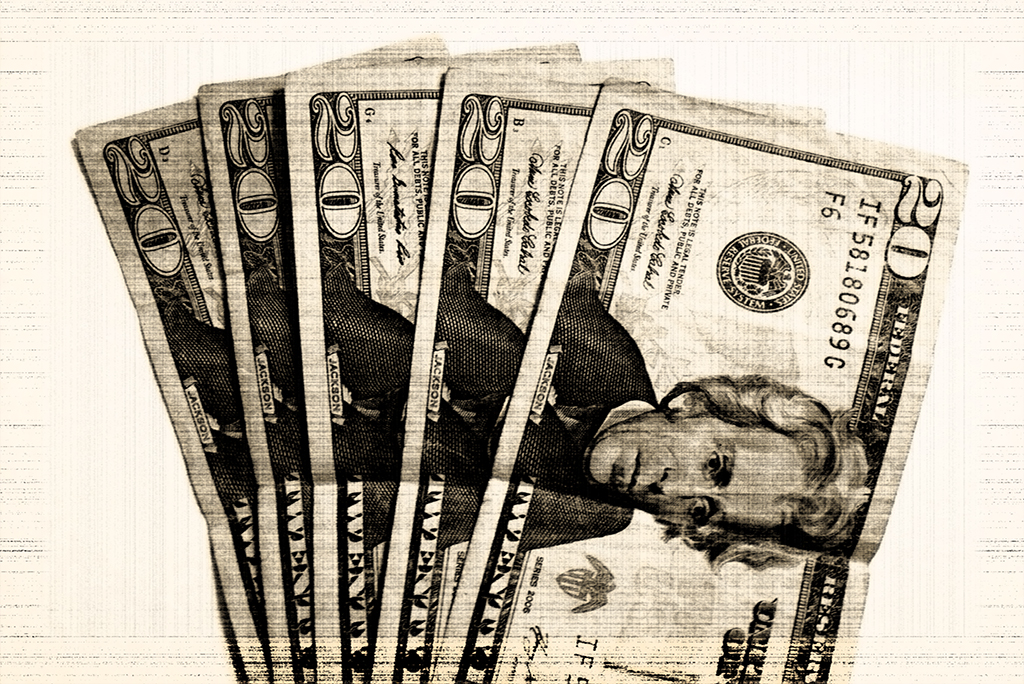
Like most people, I have received a substantial tax refund on several occasions in the past.
Unlike most people though, when I get a tax refund, it makes me cringe.
Why does it make me cringe?
Because tax refunds cost money. Yes, you heard me, tax refunds cost money. If you’re scratching your head, then you need to keep reading.
Tax refunds = poor planning
In 2012, the average American received a $2,985 federal tax refund from the IRS.
Let’s just call it an even $3,000 for the sake of simplicity.
That means every month in 2012, the average American family gave the U.S. government approximately $250 per month in the form of an interest-free loan. That’s just bad stewardship and planning, in my opinion.
Now, some people might argue, “Yeah, but with interest rates so low nowadays, it’s not like I would have made any interest if I had put that money in a savings account.”
Now, some people might argue, “Yeah, but with interest rates so low nowadays, it’s not like I would have made any interest if I had put that money in a savings account.”
And they might be right. You probably won’t make much in interest by adjusting your withholding to get a bigger paycheck and less of a tax refund.
Or will you? Don’t forget rule numero uno in personal finance: “time is money.”
The technical phrase for this is “the time value of money.” Regardless of what you call it though, what this means for you is that a dollar today is worth more than a dollar tomorrow. The reason this is true is because of what Albert Einstein once called the 8th wonder of the world…compound interest.
You’re probably familiar with compound interest. You may have heard some financial guru on TV or the radio say something like, “If you skip your $4 coffee once a week and invest it, earning 10% interest over 40 years, you’ll end up with…a ton of money!”
That’s all well and good, but how does this relate to tax refunds?
Well, as Einstein so eloquently put it, “Compound interest…he who understands it…earns it. He who doesn’t…pays it.”
Paying down debt = money in your pocket
Most people in America have some form of debt. Whether it’s a credit card, auto loan, student loan, mortgage, or some other form of debt, it costs you something every month and that “something” is called interest.
Still with me?
That’s good because I’m about to give you the only guarantee regarding an “investment” that you’ll probably ever hear from a financial advisor…
When you use extra money to pay down debt, it’s like you’re getting a GUARANTEED return on your investment, equal to the interest rate on the debt.
When you use extra money to pay down debt, it’s like you’re getting a GUARANTEED return on your investment, equal to the interest rate on the debt.
If the interest rate on your debt is say, 6%, then by paying down that debt, you are, in a sense, getting a RISK-FREE AND GUARANTEED 6% rate of return! I’m no mathematician, but a 6% rate of return (risk-free and guaranteed, mind you) is pretty darn good, especially in today’s low interest rate environment.
Is the interest rate on your debt higher? Then it’s an even better deal!
So, all of that cold, hard cash you’re loaning the government (approximately $250/month for the average American) is costing you money every month if you have any debt.
Now that you realize that, how do you fix it?
How to stop the bleeding
Fortunately, this is an easy one. Simply use the withholding calculator found here to help you fill out and file a new Form W-4 with your current employer(s). That should stop the bleeding and increase your take-home pay in the process.
“But, I don’t have any debt, Tyler. And I’d rather get that ‘bonus’ every year, so I’m not going to worry about it.”
If that’s you, then all you have to do to get the same effect is to set up an automatic transfer from your checking to your savings account each month for the extra amount you’re currently having withheld by the government (after adjusting your withholding to the proper amount as described above).
You’ll accomplish the same thing and you might even earn some interest, to boot! Or you could invest it in a mutual fund or give it away or renovate your kitchen or go on vacation or…well, you get the idea! Any of that is better than giving the government an interest-free loan each year.
And if you don’t agree, then feel free to send me a $250 check each month and I’ll be more than happy to hold the money for you until next April…interest free of course! Tell all of your tax refund loving friends too.
I’d make a few extra bucks and you and your friends would be none the wiser.
At least, that’s what my Uncle Sam tells me!